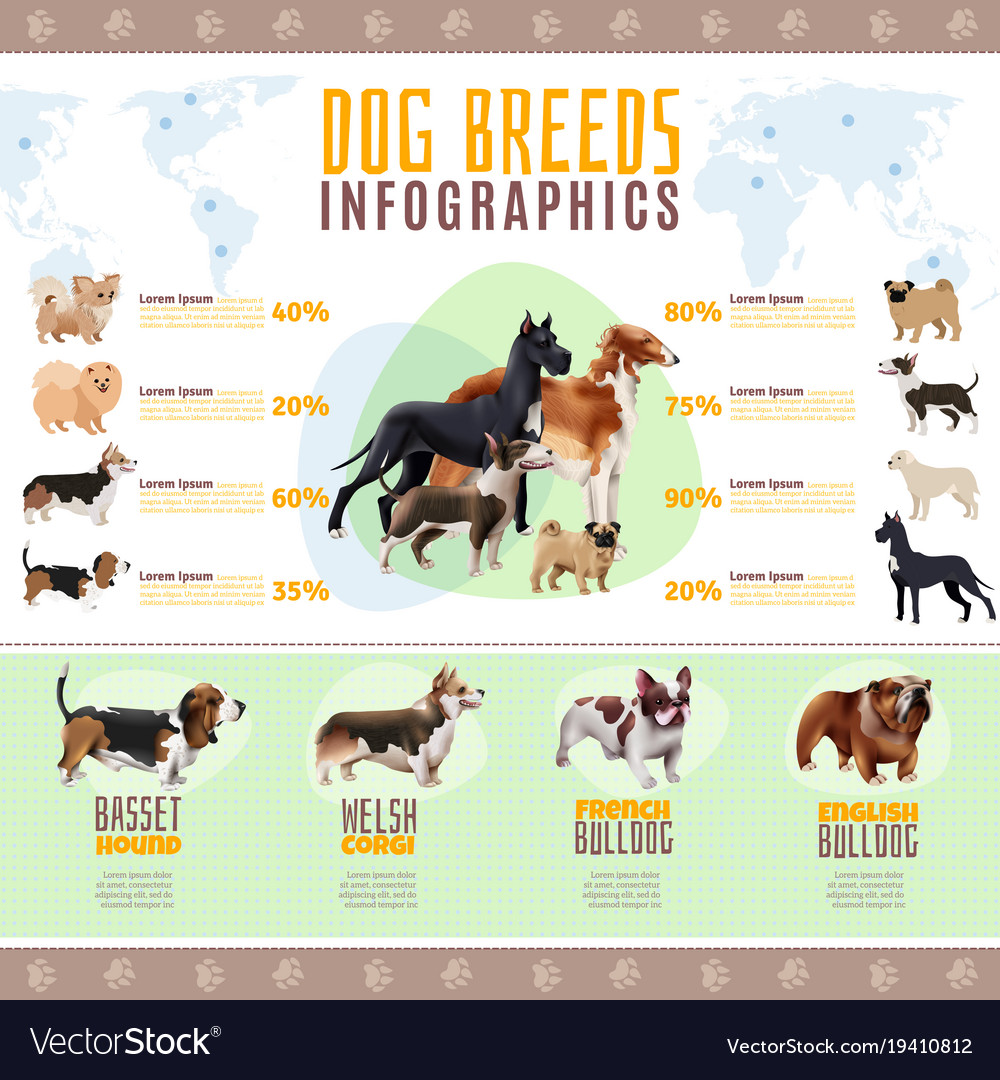Dog Daycare & Socialization Helping Your Dog Stay Confident Happy & Active At The Canine Club
Dog Daycare & Socialization Helping Your Dog Stay Confident Happy & Active At The Canine Club
Blog Article
Can Dog Daycare Cause Ailment?
Pets in day care get lots of workout, socializing with other dogs and one-of-a-kind experiences. This can be especially valuable for puppies and pets with behavior issues.
There are several legal factors to consider you require to take into account when starting a doggy daycare company. These consist of the framework of your organization and conformity with government policies.
1. Dog Distemper
Canine distemper is spread out via straight contact with the physical liquids and waste of an infected dog, but it can likewise be transferred by means of common water and food bowls or via air-borne beads. This highly contagious disease is most harmful for young puppies, however it can affect pet dogs of any kind of age and is deadly for the majority of if left untreated.
Initial symptoms of canine distemper typically imitate a cold, consisting of drippy eyes and nose with watery or pus-like discharge. As the illness advances, a pet dog will certainly create high temperature, coughing, lowered cravings, throwing up and looseness of the bowels. The infection can additionally strike the nerves, causing seizures, jerking and partial or total paralysis.
Credible childcares lower direct exposure to infection by needing vaccinations, routine health examinations and follow rigorous health methods. If your dog appears excessively worn out or hopping, a day of rest may help him recover, but you need to stay clear of taking him back to childcare till these signs and symptoms improve.
2. Kennel Coughing
Kennel cough, additionally called transmittable canine tracheobronchitis or Bordetella, is an extremely infectious viral or bacterial disease that affects the respiratory system. It's generally moved with the exchange of saliva or air droplets that a sick pet breathes out. Social pet dogs are at greater threat for infection because of their regular interaction with one another, such as when they play, share food or water, smell each other or simply meet in a jampacked setting like a pet dog park or day care.
The most usual signs and symptom of kennel cough is a persistent and forceful coughing that seems like something stuck in the throat or retching. Often, pets will certainly spend frothy white phlegm. If left untreated, a pet can create pneumonia and be at serious threat forever.
A trusted daycare center must have strict cleansing and cleanliness procedures, sanitize all playthings, food and water bowls frequently, and be open about their inoculation policies. Keeping your pet as much as date on their inoculations, particularly for bordetella and canine influenza, will greatly lower their possibilities of contracting the ailment.
3. dog board training near me Parvovirus
Canine parvovirus, or parvo, is an extremely contagious viral ailment that can be dangerous for young puppies and young adult pet dogs with poor body immune systems. It's most typically spread out by straight contact with contaminated pet feces-- which can occur when dogs smell, lick, or taste contaminated feces-- and indirectly from polluted people, items, or environments (like kennels, brushing rooms and grass). Young puppies and pets without total inoculation histories are specifically vulnerable to parvo.
The infection is incredibly resistant, making it through in the setting for as much as 9 years, and can quickly be moved between pets by get in touch with through feces or on footwear, clothes, and bed linens polluted with parvovirus. Otherwise treated quickly with IV fluids, electrolyte equilibrium, vomiting control medicines and anti-biotics to avoid secondary microbial infections, a dog will quickly dry out and develop extreme diarrhea, which results in shock and blood poisoning. Parvo is difficult to treat as soon as a canine has actually become ill, however with appropriate veterinary treatment, numerous pups do survive this disease.
4. Pooch Influenza
Dog flu virus is extremely transmittable and spreads with straight call, sharing food and water bowls, licking or nuzzling other canines, with airborne beads, and with polluted surface areas. Vaccination works in minimizing the threat of infection and episodes.
The majority of affected dogs develop a mild breathing infection with a cough that lasts 1-3 weeks. They may additionally have nasal and ocular discharge, sneezing, and lethargy. Several of the most major instances result in pneumonia and a high fever.
If your pet dog shows any of these signs, do not bring them back to childcare until they are healthy and balanced. If your dog is showing indicators of severe fatigue or hopping, talk with your vet as soon as possible and make sure they are on health supplements to aid build their immunity. A vet will examine your pet for symptoms of the flu by taking an example from the nose or throat, and blood examinations can be done to confirm.